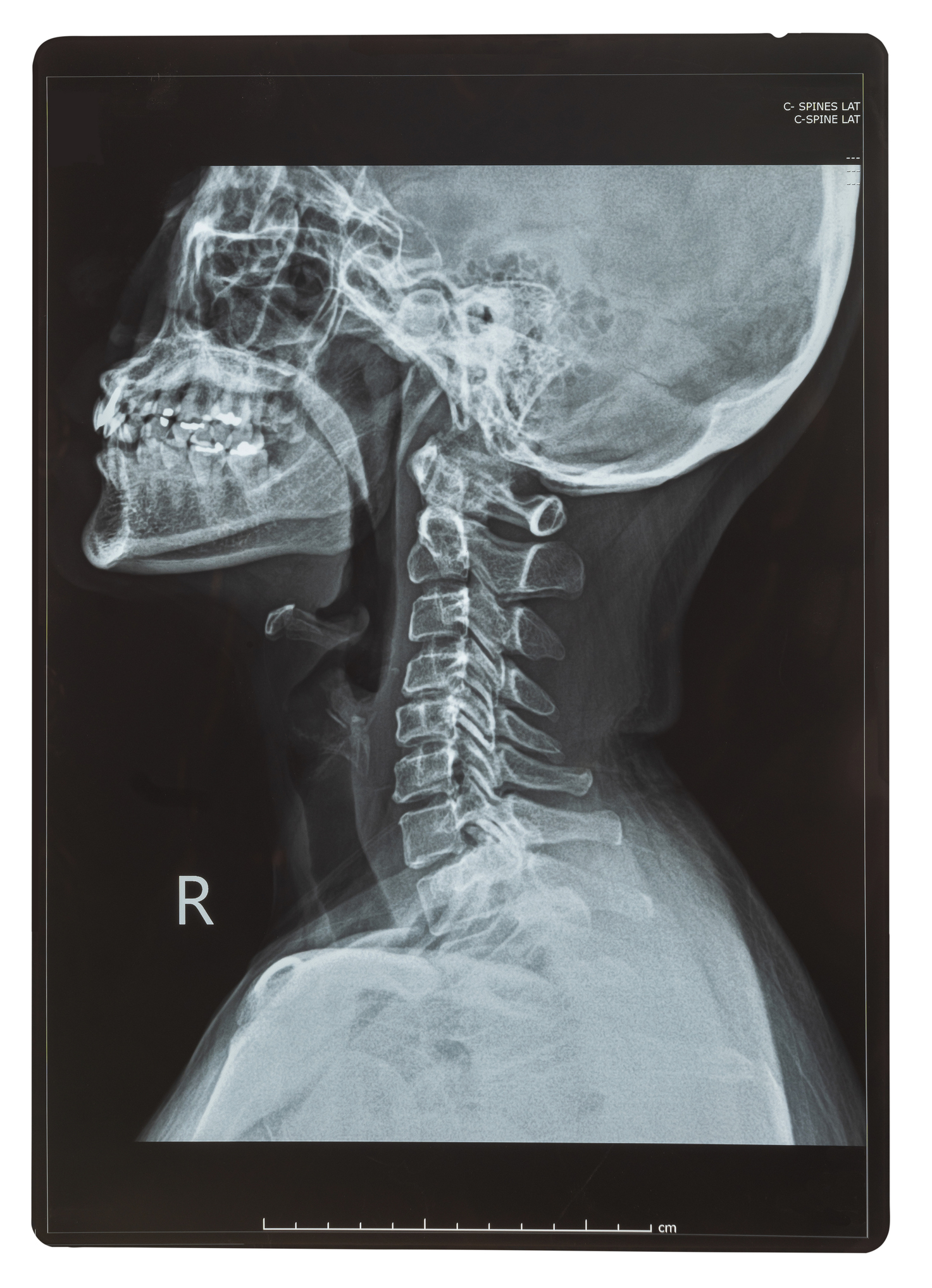
Spondylosis
Serving the South Florida area with locations in Hollywood and Miami, FL
Dr. Andreas C. Tomac, MD, PhD, FAANS is a distinguished neurosurgeon specializing in diagnosing and treating Spondylosis.
Treating Spondylosis

How is Spondylosis diagnosed?
Diagnosing spondylosis involves a comprehensive evaluation, and a neurosurgeon such as Dr. Tomac can be instrumental in this diagnostic process. Dr. Tomac typically begins by obtaining a detailed medical history, including information about the onset and characteristics of symptoms, any relevant injuries or traumas, and the patient’s overall health. A thorough physical examination assesses the range of motion, stability, and neurological function of the spine. Imaging studies, such as X-rays, Magnetic Resonance Imaging (MRI), or Computed Tomography (CT) scans, are essential to visualize the spine and identify degenerative changes, including disc thinning, bone spurs, and arthritis in the facet joints. Dr. Tomac’s expertise in neurosurgery allows for a precise analysis of imaging results, aiding in the accurate diagnosis of spondylosis. The collaborative approach between the patient and Dr. Tomac is crucial in determining the severity of the condition and developing an individualized treatment plan tailored to address the specific characteristics of spondylosis. Seeking timely medical attention is essential for an accurate diagnosis and appropriate management of this degenerative spinal condition.

What treatments are available?
The treatment of spondylosis often involves a combination of conservative measures and, in some cases, surgical intervention. A neurosurgeon like Dr. Tomac can provide expertise in assessing the severity of spondylosis and recommending appropriate treatments. Common approaches include:
- Conservative Measures:
- Physical Therapy: Targeted exercises to improve flexibility, strengthen supporting muscles, and alleviate symptoms.
- Pain Management: Medications, such as nonsteroidal anti-inflammatory drugs (NSAIDs), and pain relievers to manage pain and inflammation.
- Lifestyle Modifications: Adopting a healthy lifestyle, including maintaining a proper posture, staying physically active, and managing weight.
- Interventional Procedures:
- Epidural Steroid Injections: Injections of corticosteroids into the epidural space to reduce inflammation and relieve pain.
- Surgical Interventions:
- Discectomy: Surgical removal of part or all of a damaged or herniated disc.
- Laminectomy: Removal of the lamina (part of the vertebral bone) to alleviate pressure on the spinal cord or nerves.
- Spinal Fusion: Surgical procedure to fuse vertebrae together, stabilizing the spine.
